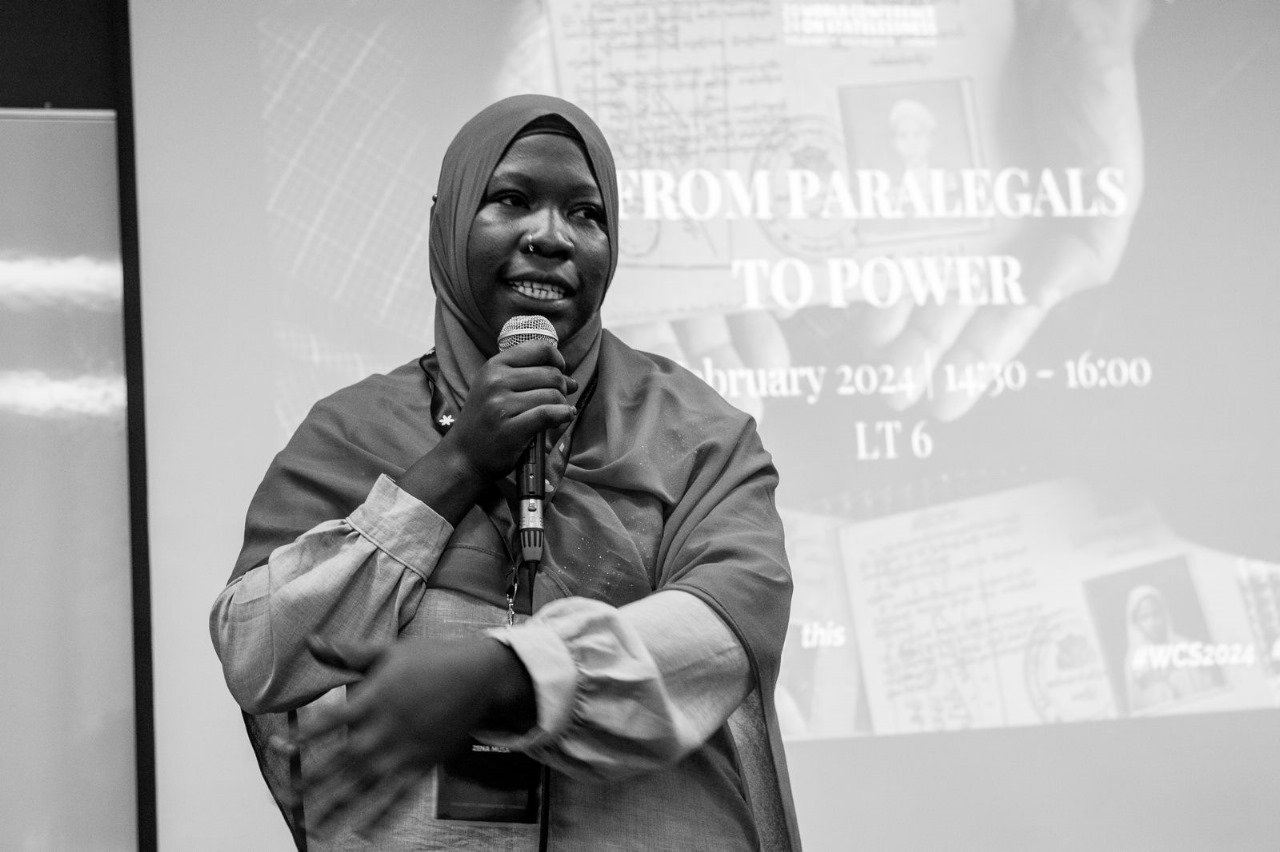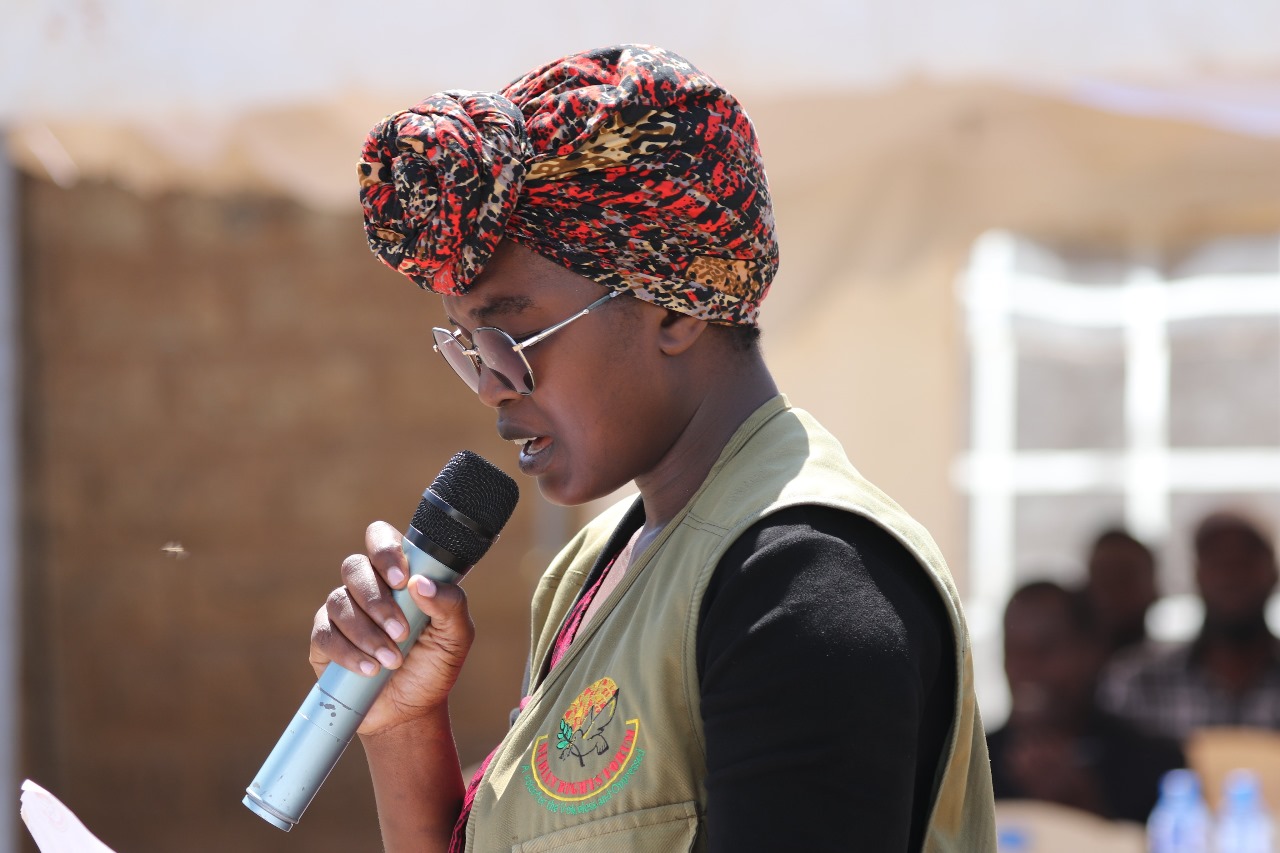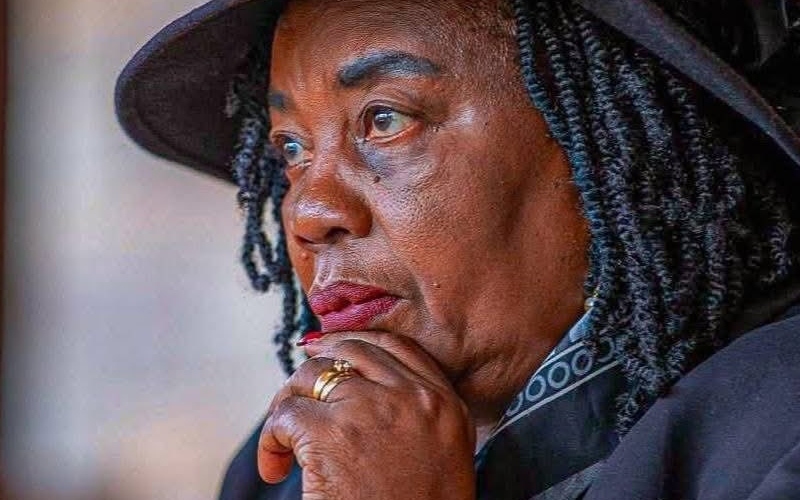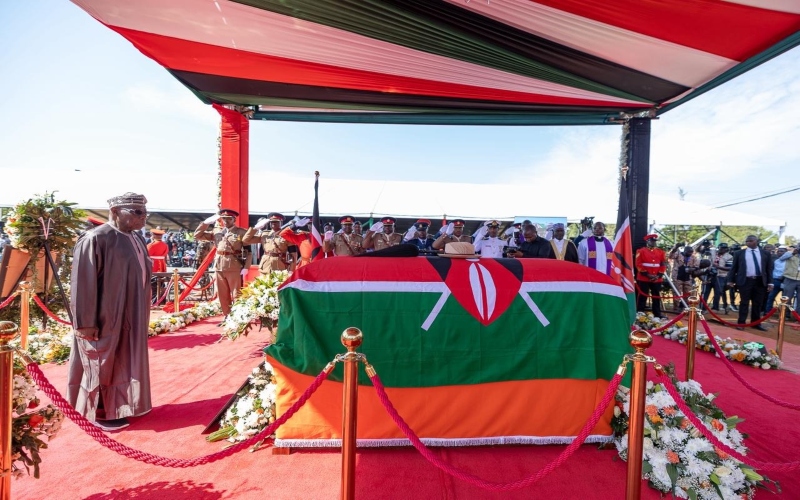Nubian Rights Forum opposes higher fees for national identity documents

The group has asked the government to reverse recent changes, eliminate charges, and ensure the affordability and easy accessibility of vital nationality documents.
The Nubian Rights Forum (NRF) has protested against recent changes in the administration of nationality documents, including IDs, birth certificates, and passports, saying many will be locked out.
The government has introduced higher charges and a new digital ID system called Maisha Namba. In an announcement on March 1, 2024, it said ID applicants would pay Sh300, up from Sh100, while passport applications would cost Sh7,500, up from 4,500. The cost of birth certificates rose from Sh50 to Sh200.
More To Read
- Rights groups slam new ID rules, say they discriminate against Muslims and minorities
- Petition challenges legality of Maisha Namba, cites marginalisation and privacy risks
- State begins issuance of Maisha cards to KCSE candidates
- Lobby championing rights of Nubians hope new Interior chief will solve their woes
- Government issues notice on IDs, birth certificates and driving licenses
- All 2024 KCSE candidates to receive Maisha Cards before finishing exams
Furthermore, communities undergoing vetting processes now face an additional Sh500 fee for document verification, exacerbating the marginalisation of vulnerable groups.
The NRF, other civil society organisations, and members of the public registered their protest on Wednesday, saying new regulations and increased fees threaten citizenship rights and disproportionately affect marginalised communities, rural residents, and low-income individuals.
"Over the past few months, the government has [effected] new regulations that will impact the access and issuance of nationality documents, making it harder for Kenyans to access government-issued documents," NRF Executive Director Shafi Ali told a press conference at their office in Kibra, Nairobi.
"It is crucial to emphasise the importance of IDs and birth certificates for full societal participation, and denying them based on financial constraints is unacceptable," Shafi added.
The NRF asked the government to reverse these changes, eliminate charges, and ensure the affordability and easy accessibility of vital nationality documents.
 Annette Opiyo, a paralegal at the Nubian Rights Forum (NRF), gives her address during a press conference at their office in Kibra, Nairobi, on March 13, 2024. (Photo: NRF)
Annette Opiyo, a paralegal at the Nubian Rights Forum (NRF), gives her address during a press conference at their office in Kibra, Nairobi, on March 13, 2024. (Photo: NRF)
Meanwhile, the government's rush to implement Maisha Namba, despite ongoing legal challenges, disregards the optional nature of digital identity, compelling all Kenyans to enrol.
This unilateral decision, driven by the cessation of second-generation ID printing, worsens existing inequalities, especially for marginalised communities facing obstacles in obtaining national ID cards.
The NRF also asked the state to reverse its decision to make digital IDs mandatory and instead prioritise voluntary enrollment through comprehensive civic engagement.
It also demanded the establishment of a robust legal and data protection framework, the prioritisation of individuals lacking documentation, and the meaningful inclusion of marginalised communities in Maisha Namba's design and implementation.
Top Stories Today










































